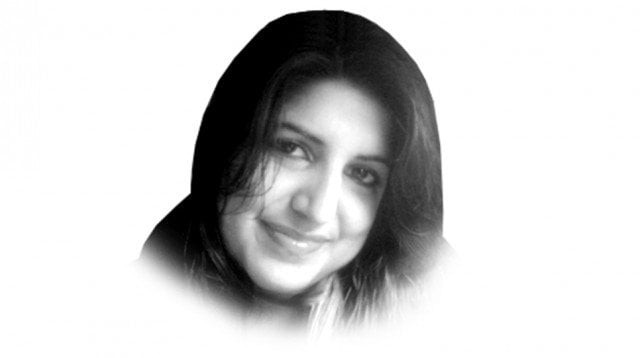Human concerns

I’m not so sure about that one anymore. I have always been confused when people overuse or generalise the term ‘human nature’ because it is employed in so many contradicting contexts. It depicts love and filial bonds and at the same time applies to violence and jealousy; it wants peace but creates war … that sort of thing. However, I suppose ‘human’ refers to the best and worst of us. The term is always used to ascribe to what our nature is, that is, human affairs, human understanding, human element, inhuman.
However, my foray into human rights brought to the limelight the term ‘humane’. Unlike other synonyms or adjectives attached to our humanity, the notion of being ‘humane’ refers not what we are but what we could be. What we should be. It calls for the nobler traits in our species where the ‘human’ element of an ‘eye for an eye’ is replaced by the ‘humane’ calling to ‘turn the other cheek’ set in light of Gandhi’s observation that ‘an eye for an eye only leaves everyone blind.’
The ideals of what we can be are perhaps most succinctly put down in the Universal Declaration of Human Rights, 1948. I first read the document when I was 25, having spent all of my life not knowing my rights. Then I realised that of the 30 Articles stipulated as universal inalienable rights, many were contested in my country. Rights pertaining to free movement, belief, expression, thought, marriage, the right to education, privacy and the sanctity of life are all ‘variable’ in Pakistan.
This brings me back to square one and I still have no idea what ‘human’ means.














COMMENTS
Comments are moderated and generally will be posted if they are on-topic and not abusive.
For more information, please see our Comments FAQ